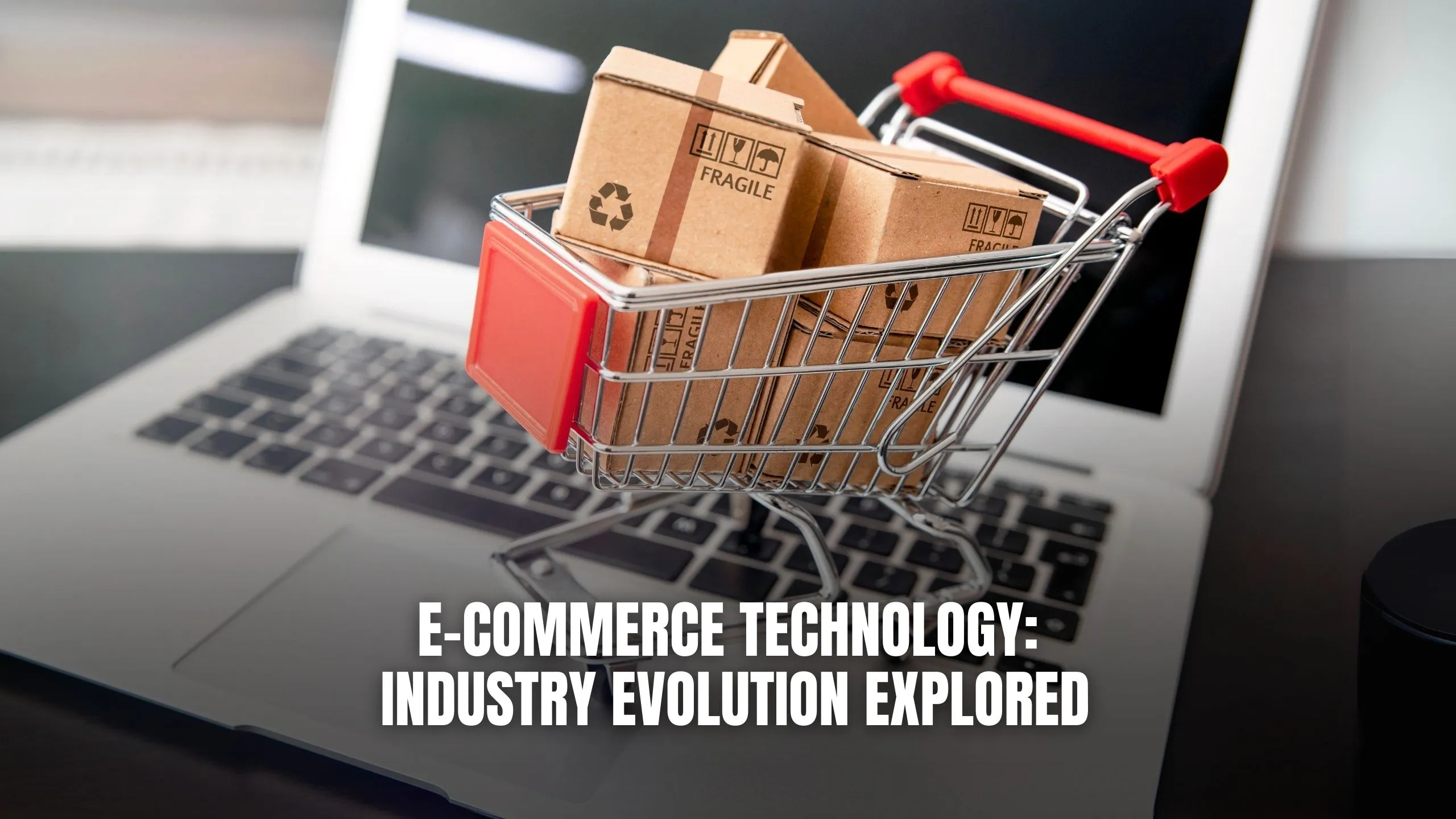E-commerce Technology: Industry Evolution Explored
- WebOps Platforms Bug Tracking & Feedback Software Web Development & Design


E-commerce Technology: Industry Evolution Explored
In the dynamic landscape of e-commerce, technology has been a driving force behind industry evolution. From changing consumer behaviors to enabling innovative business models, e-commerce technology continues to reshape the way we buy and sell goods and services. Let’s delve into the unique features of e-commerce technology and how they have transformed the industry.
1. Mobile Commerce and Responsive Design
The rise of mobile commerce, facilitated by the proliferation of smartphones and tablets, has been a game-changer for the e-commerce industry. With the increasing use of mobile devices for online shopping, businesses have had to adapt by implementing responsive design strategies. Platforms like Shopify offer responsive themes and mobile-friendly features, ensuring seamless shopping experiences across devices. This shift towards mobile-first design has expanded the reach of e-commerce, allowing businesses to tap into a larger pool of potential customers.
2. AI-Powered Personalization
Artificial intelligence (AI) has revolutionized how e-commerce businesses interact with their customers through personalized experiences. Platforms like Dynamic Yield leverage AI algorithms to analyze user behavior and preferences, delivering tailored product recommendations and personalized marketing messages. By understanding individual preferences, businesses can enhance customer engagement and drive conversions. AI-powered personalization has become a cornerstone of modern e-commerce strategies, fostering stronger customer relationships and increasing sales.
3. Voice Commerce and Virtual Assistants
The advent of voice-activated devices and virtual assistants has ushered in a new era of convenience in e-commerce. With the rise of voice commerce, platforms like Salesforce Commerce Cloud are integrating voice search capabilities, allowing users to browse and purchase products using voice commands. Virtual assistants like ChatGPT provide personalized assistance to customers, answering queries and guiding them through the shopping process. This shift towards voice-enabled commerce streamlines the buying journey, making it more intuitive and efficient for consumers.
4. Augmented Reality (AR) and Virtual Try-On
Augmented reality (AR) technology has transformed the way consumers experience products online, particularly in industries like fashion and home decor. Platforms such as 3DLook enable virtual try-on experiences, allowing customers to visualize how clothing items will fit before making a purchase. By leveraging AR technology, e-commerce businesses can reduce returns and enhance customer satisfaction. Virtual try-on features provide a more immersive shopping experience, bridging the gap between online and in-store interactions.
5. Blockchain for Supply Chain Transparency
Blockchain technology has emerged as a powerful tool for enhancing transparency and trust in e-commerce supply chains. Platforms like IBM Blockchain offer solutions for tracking and verifying product origins, ensuring authenticity and ethical sourcing. By leveraging blockchain, e-commerce businesses can address concerns related to counterfeit goods and supply chain inefficiencies. Transparency in the supply chain builds consumer confidence and fosters brand loyalty, driving long-term success in the e-commerce industry.
Relevant SaaS Products:
- Shopify: Empowers businesses with responsive design themes and mobile-friendly features for seamless e-commerce experiences.
- Dynamic Yield: Harnesses AI-powered personalization to deliver tailored product recommendations and enhance customer engagement.
- Salesforce Commerce Cloud: Integrates voice search capabilities for voice-enabled commerce experiences, enhancing convenience for customers.
- 3DLook: Provides virtual try-on solutions using AR technology, allowing customers to visualize product fit before purchase.
- IBM Blockchain: Offers blockchain solutions for supply chain transparency, ensuring authenticity and ethical sourcing in e-commerce.
Conclusion
E-commerce technology continues to evolve, driven by innovations that cater to changing consumer preferences and market demands. From mobile commerce to AI-powered personalization and blockchain-enabled supply chain transparency, these unique features have reshaped the industry landscape. By embracing technological advancements, businesses can stay competitive and deliver exceptional experiences to their customers.
Unlock Secret Deals and Save Big with Subscribed.fyi!
Ready to optimize your e-commerce stack with the latest SaaS tools? Unlock exclusive deals on essential e-commerce technology solutions and save big with Subscribed.fyi. From responsive design platforms to AI-powered personalization tools, find everything you need to elevate your e-commerce business. Sign up for free today and start enjoying the perks of streamlined subscription management!
Relevant Links:








